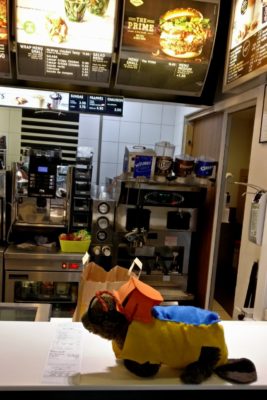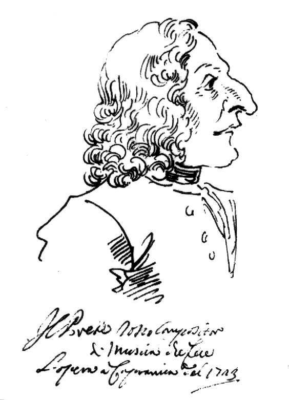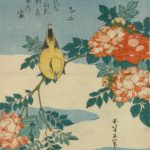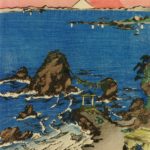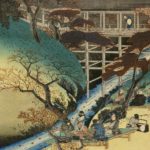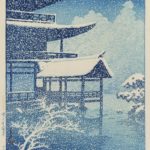The well-heeled beaver feels a need for a post-soirée repas.
Day: March 4, 2018
Everyone needs to know more about Julia Childs
Child was deemed “too tall” for both the Women Accepted for Volunteer Emergency Service (WAVES) and Women’s Army Corps (WAC) so she took a position at the Office of Strategic Services (OSS). She helped invent a shark repellent that is still in use today.
Child did not have a natural talent for cooking. In fact, she was a self-admitted disaster in the kitchen until she began taking classes at Le Cordon Bleu in Paris.
Child spent her early years working for what would become the Central Intelligence Agency. In 1993, she joined another CIA: the Culinary Institute of America. The group inducted Child into its Hall of Fame that year, making her the first woman to ever receive the honor. She was also awarded the French Legion D’Honneur and the Presidential Medal of Freedom.
She credited her long life to red meat and gin. Some great quotes:
- A party without cake is just a meeting.
- The only real stumbling block is fear of failure. In cooking you’ve got to have a what-the-hell attitude.
- If you’re afraid of butter, use cream.
- Maybe the cat has fallen into the stew, or the lettuce has frozen, or the cake has collapsed. Eh bien, tant pis.
- Small helpings, no seconds, no snacking, and a little bit of everything.
- I enjoy cooking with wine, sometimes I even put it in the food…
- With enough butter, anything is good.
- Everything in moderation… including moderation.
- The only time to eat diet food is while you’re waiting for the steak to cook.
- As you get older, you shouldn’t waste time drinking bad wine.
- Cooking well doesn’t mean cooking fancy.
- Always remember: If you’re alone in the kitchen and you drop the lamb, you can always just pick it up. Who’s going to know?
When comics reflect reality just a biiiit too closely for comfort
Happy birthday Vivaldi
Antonio Lucio Vivaldi (4 March 1678 – 28 July 1741) was an Italian Baroque composer, virtuoso violinist, teacher and cleric. Born in Venice, he is recognized as one of the greatest Baroque composers, and his influence during his lifetime was widespread across Europe. He composed many instrumental concertos, for the violin and a variety of other instruments, as well as sacred choral works and more than forty operas. His best-known work is a series of violin concertos known as the Four Seasons.
On the day of his birth, March 4, 1678, a large earthquake occurred in Venice.
Young Antonio was taught to play the violin by his father, a professional violinist who was also a barber. Father and son toured Venice playing violin together.
At age 15, he began studies to become a priest and was nicknamed The Red Priest. It is speculated that this was due to his red hair, which was a family trait.
Vivaldi suffered from a form of asthma which limited his duties administering Mass but gave him more time to spend writing music.
He produced many of his major works while employed for approximately 30 years as a master violinist at the Ospedale della Pieta, a home for abandoned children. The boys were taught a trade. The female orphans received expert musical instruction and became members of the choir and orchestra.
J.S. Bach was a huge fan of Vivaldi’s music. He transcribed several of Vivaldi’s concerti for keyboard, strings, organ and harpsichord.
The musical compositions of Vivaldi total 500 concertos, 90 sonatas, 46 operas and a large body of sacred choral works and chamber music.
Vivaldi relocated to Vienna at the invitation of Charles VI who died shortly after, leaving Vivaldi with no one to support him. However, because his music had not kept up with the times, he was forced to sell off his compositions in order to live. Unfortunately, Vivaldi died a pauper and was given a simple burial. The master musician was not even afforded music at his own funeral, only the peeling of bells at St. Stephen’s Cathedral noted his passing.
His complete catalogue of music was not fully realized until 1926. A large collection of manuscripts were discovered in a boarding school in the Piedmont, diligently researched and procured by Dr. Alberto Gentili, a music historian at the University of Turin.
2006 was the most recent discovery of a lost piece, Vivaldi’s opera, Argippo, which had last been performed in 1730.

